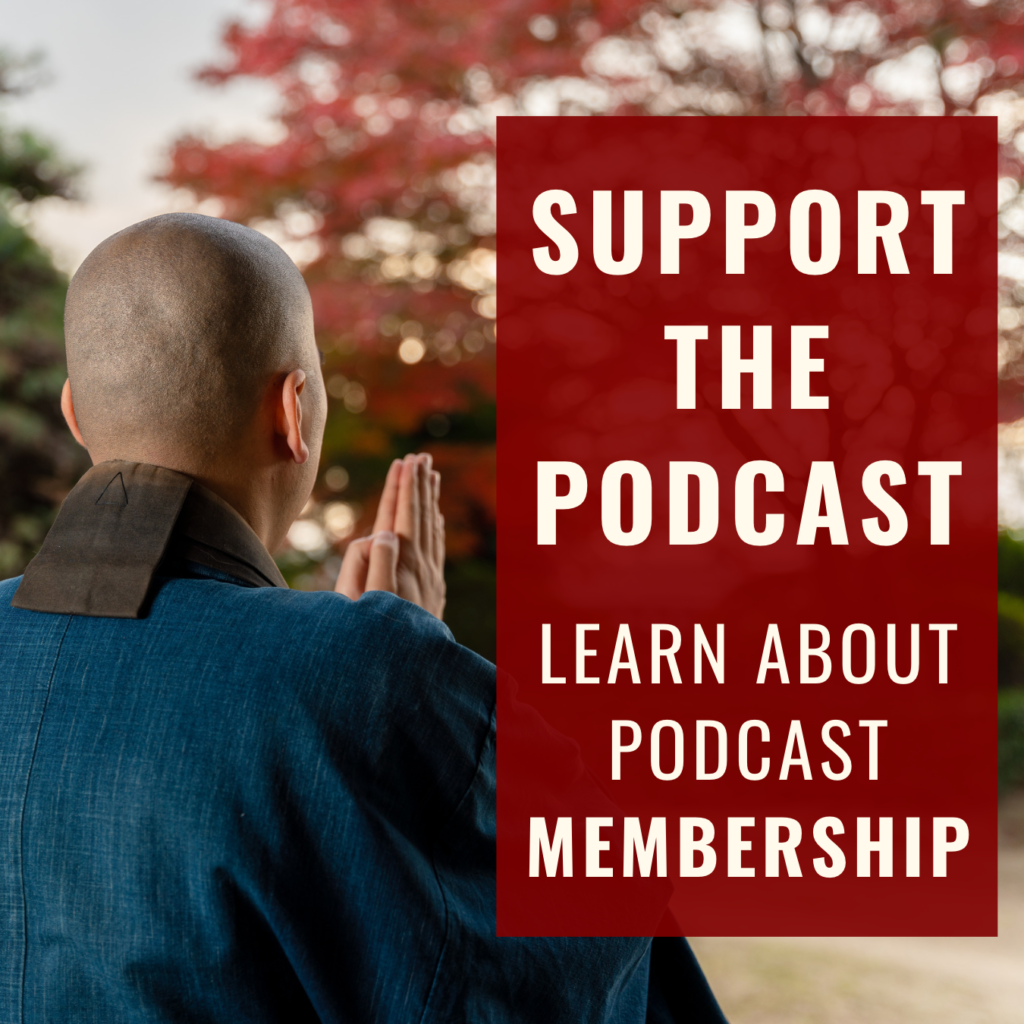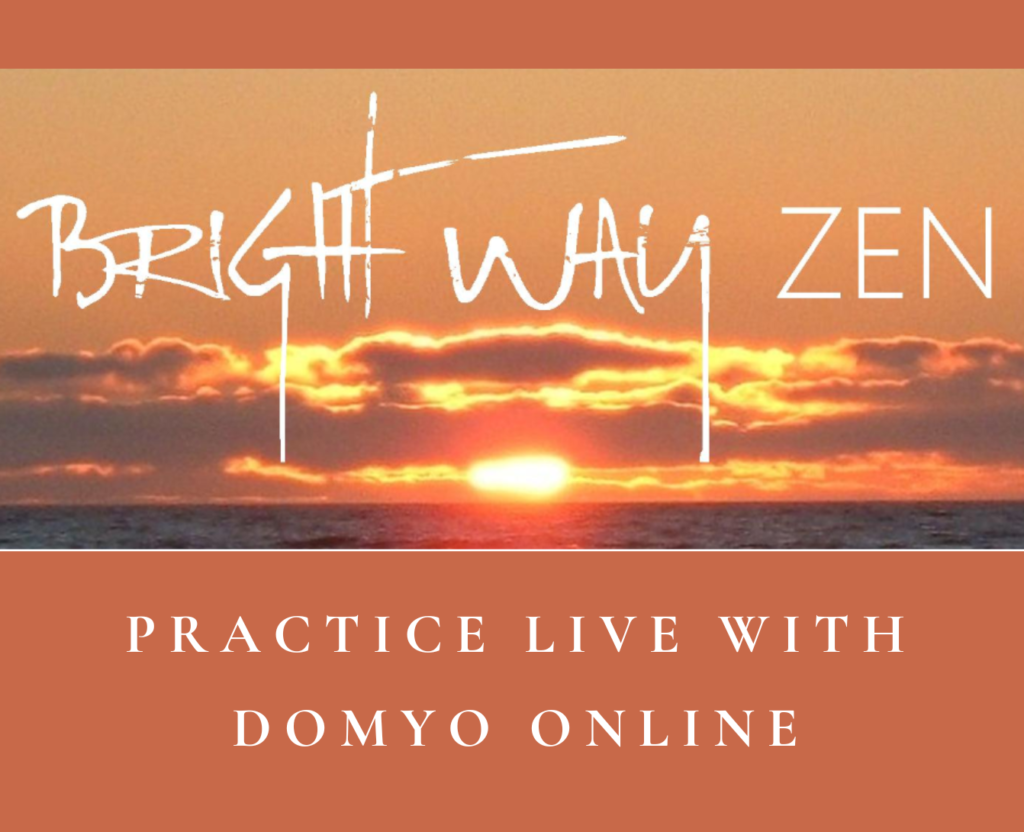
by Domyo | Nov 15, 2025 | Buddhist Teachings
Unlike Jesus, the Buddha didn’t explicitly instruct us to “love our enemies.” However, he did instruct us to extend goodwill, or Metta, to all beings unconditionally – including, of course, our enemies. In this time of growing divisiveness, what does it really mean to follow this teaching? Most people will admit that nurturing resentment and hatred is probably a bad idea, but on the other hand it feels completely unacceptable to capitulate to – surrender to or stop resisting – those who we perceive as causing harm. Fortunately, there are many benefits to loving our enemies, and doing so does not mean capitulating to them.

by Domyo | Jul 31, 2025 | Buddhist Teachings
I discuss the oldest source of Buddhist teachings on Dana as a bodhisattva perfection – the Jataka tales, or stories about Shakyamuni Buddha’s remarkable actions during previous lifetimes. Such stories inspired people to follow the bodhisattva path in both Theravadin and Mahayana Buddhism, so I spend some time discussing the Theravadin paramis, and particularly the parami of Dana.

by Domyo | Jul 8, 2025 | Buddhist Teachings
Dana, generosity or giving, is the first Mahayana Buddhist paramita. Generosity is where the journey to self-transcendence begins. In this first episode on Dana, I give an overview of the Buddha’s teachings on the virtue of giving. These teachings are from before Dana was defined as one of the paramis or paramitas – that is, perfections cultivated by someone on the bodhisattva path. In the next episode I discuss Dana as a perfection.

by Domyo | Jun 18, 2025 | Buddhist Teachings
Religions and spiritual paths are meant to give you strength and help you find meaning. Many people derive strength and meaning through faith in an all-powerful God who works in mysterious ways but ultimately has your best interests in mind. Buddhism doesn’t teach this kind of faith, but it does call attention to many truths upon which we can rely for strength and meaning, no matter what happens to us personally or in the world. For the purpose of this discussion, I’m going call the truths we can rely on “Dharma Foundations.”

by Domyo | Apr 30, 2025 | Buddhist Teachings, Zen Teachings
This episode is a Teisho, an encouragement talk that’s meant to be listened to while you are sitting quietly. Zen teachers give Teisho during sesshin, and this amounts to a more formal kind of Dharma talk, almost like a meditation. It’s not meant to be educational. I’m curious as to how it will come off if you listen to it while walking or driving or doing something else. Maybe it’ll be cool. But I recommend sitting still if you’re able. Teisho are generally only given during sesshin and not recorded, but I recreated one from the sesshin I led last week for you.

by Domyo | Apr 20, 2025 | Buddhist Teachings
The teaching of the Trikaya, or Three Bodies of Buddha, is challenging. It may seem to be metaphysical speculation or surprisingly theistic for Buddhism. However, it offers a unique and valuable framing for the mystery of awakening, the palpable presence of the Ineffable despite its ungraspable nature, and the relationship of all phenomena to the Ineffable.

by Domyo | Feb 28, 2025 | Buddhist Practice, Buddhist Teachings
Equanimity is a powerful state of being that not only reduces our stress and suffering but also enables us to respond effectively. However, in our efforts to achieve some measure of equanimity, we may end up stuck in the tentative calm of denial or in the coldness of indifference. True equanimity is clear-eyed, undefended, compassionate, and inclusive – but how do we cultivate it? I explore the virtue of equanimity from a Buddhist perspective.

by Domyo | Nov 24, 2024 | Buddhism Today, Buddhist Teachings
In a time of political divisiveness, many of us look to the three treasures of Buddha, Dharma, and Sangha for solace, strength, and guidance. I offer a few Dharma teachings I have found useful for practicing in tumultuous times.

by Domyo | Jan 9, 2024 | Buddhist Teachings, Zen Teachings
The Two Truths teaching is another classic Chan/Zen description of Reality-with-a-Capital-R. Reality has two aspects, often called relative and absolute. I call them the “dependent dimension” and the “independent dimension.” I describe this teaching and discuss why it is so important to our practice.

by Domyo | Dec 31, 2023 | Buddhist Teachings
The Two Truths teaching is another classic Chan/Zen description of Reality-with-a-Capital-R. Reality has two aspects, often called relative and absolute. I call them the “dependent dimension” and the “independent dimension.” I describe this teaching and discuss why it is so important to our practice.















